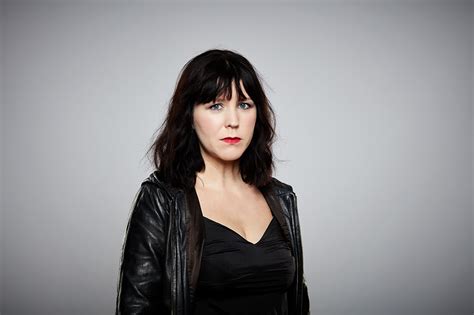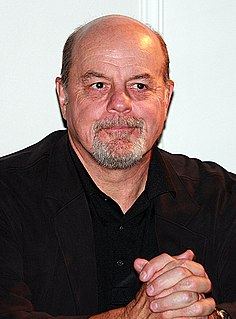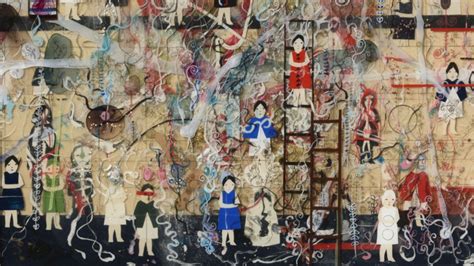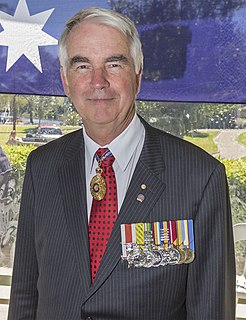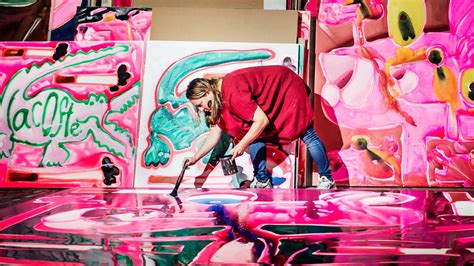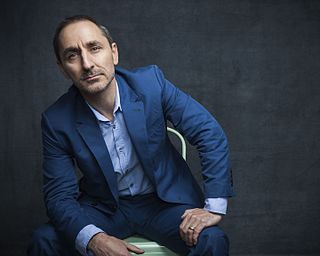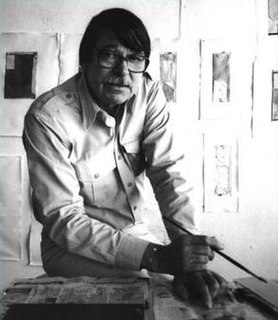A Quote by Alice Lowe
In film, you're painting a canvas. I got really excited about that.
Related Quotes
I wanted to be a car mechanic and I wanted to race cars and the idea of trying to make something out of my life wasn't really a priority. But the accident allowed me to apply myself at school. I got great grades. Eventually I got very excited about anthropology and about social sciences and psychology, and I was able to push my photography even further and eventually discovered film and film schools.
You have bits of canvas that are unpainted and you have these thick stretcher bars. So you see that a painting is an object; that it's not a window into something - you're not looking at a landscape, you're not looking at a portrait, but you're looking at a painting. It's basically: A painting is a painting is a painting. And it's what Frank Stella said famously: What you see is what you see.
If you want a film and they don't want you, sometimes you have to go fight for it. Sometimes that ends up just being a meeting really, just sitting down with them and just saying here is my vision for it and here is why I really love it. But for the most part, I think filmmakers gravitate towards people that are excited - as excited as they are about the film and as passionate about it. So sometimes going after it isn't so much a function of auditioning as it is just sitting down with the filmmaker.
We're an industry obsessed with the storytelling side of things, the content. And then we got obsessed with the canvas. Is it going to be on television? Is it print? And now the canvas is mobile. But what we really need to think about is the context. The context is where and when the person is consuming it - location, time of day.
I always get into arguments with people who want to retain the old values in painting - the humanistic values that they always find on the canvas. If you pin them down, they always end up asserting that there is something there besides the paint on the canvas. My painting is based on the fact that only what can be seen there is there... What you see is what you see.
